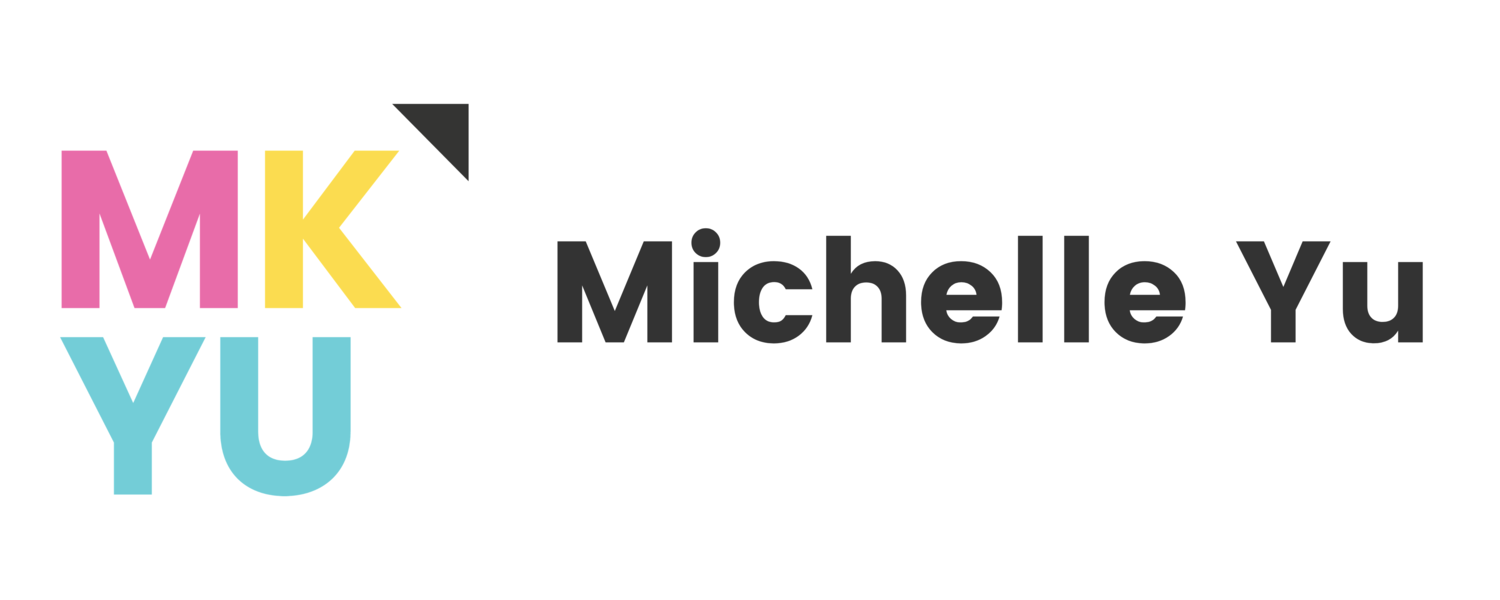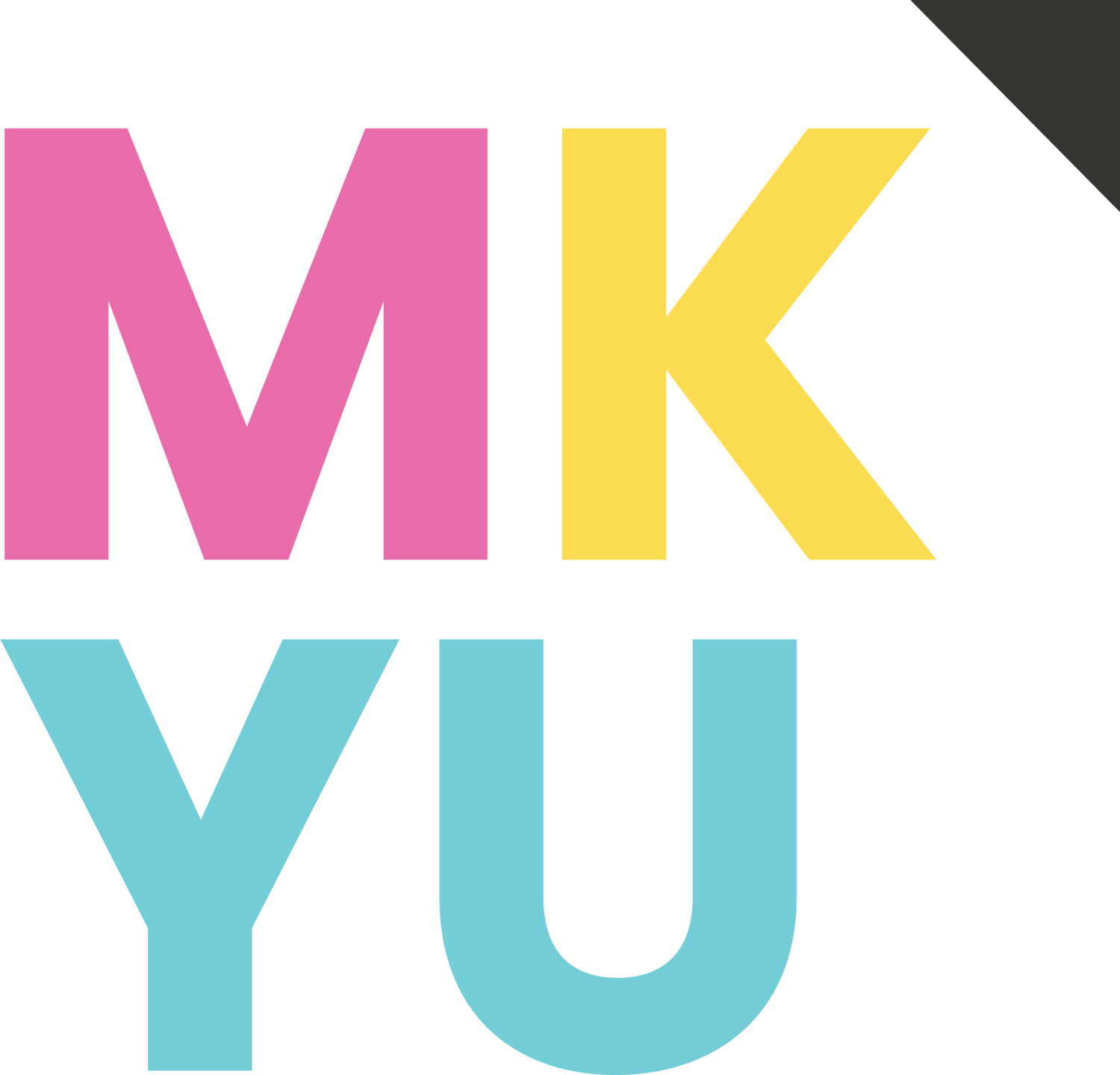Resume Writing 101
The dreaded resume. To some, it's a pretty daunting task to update and send it in. To me, I love drafting, editing and finding ways to get it to perfection. As a recruiter, I've seen a fair share of good and bad resumes. I wanted to share with you a few tips on resume writing that I hope you will find helpful.
Keep in mind that the resume is the FIRST INITIAL IMPRESSION of yourself, so you really should spend the extra time to triple check everything. Research shows that recruiters spend about 6 seconds reviewing a resume. Your resume needs to highlight the best parts of your career and leave the reader asking for more.
General tips and tricks:
Keep your resume clean, nicely formatted and to the point. Make sure all the highlight, italics, bold fonts stay consistent. General rule of thumb is to keep it to one page. Unless you are super legit and have lots of publications/awards/patents, then its OK to go over. But, remember the recruiter/hiring manager may lose attention and focus trying to reach the end.
Don't just make a laundry list of what you do. It's boring and doesn't really tell the reader what makes you special. So why are you special? List your greatest achievements (from strongest to weakest) and quantify your success as much as you can. Use engaging action words as much as you can.
Save your resume as a PDF when you send it in. Sometimes .doc formatting will get screwed up, not only making it hard to read, but also wasting your precious time spent formatting. Lock it in! (If you don't know already, steer away from .txt or other plain word processors, as those are impossible to read through).
While you're at it, update your LinkedIn as well. Trust me, you'll get so many more hits when your LinkedIn is current and updated. (Don't have a LinkedIn? Get one now!)
If you have industry experience, it's best to lead with that (and leave your education at the bottom). On the other hand, if you are a new grad, lead with education first.
You should always put an "Extracurricular / Miscellaneous" section in your resume. Whether you a International Yo-Yo master, a famous YouTube star, or whatever, include your hobbies. It shows you have a personality outside of work and can be a great conversation starter in interviews. Also, be sure to include whether you volunteer!
PLEASE FRIENDS, leave your full physical address off (keep the city). It might not seem like a big deal, but recruiters can be creepy sometimes (hehe) and might look up your address -- just because. There's really no reason for them to have your actual address (if they need it down the line, they will ask you). Also, your resume might one day float around on the internet, and it's really easy for internet stalkers to trace where you live. No bueno.
Tips that seem like common sense but people miss anyway:
Avoid redundancy and repetition. You don't need to tell the reader that "University of California, Los Angeles" is in Los Angeles. Though, it might be helpful to put in the location if you are in a satellite campus (ex: Wharton SF or CMU Silicon Valley).
Stay professional. I know it's tempting to try being cute or witty in order to get attention. See that My Little Resume above? Yeah, you don't want to be that guy. Staying professional is always a safe bet; avoid coming across overly confident, snarky, or witty.
Make sure you use a current email address that you check often. This goes more for new grads, who might lose access to their school email address. It might "look cool" to have some @harvard.edu email address, but the reader already knows you went to Harvard by reading other parts of your resume. Unless you have an alumni email address that you have access to forever (literally), it's best to put some other (professional) address that you check frequently. Why? Because who knows, maybe a recruiter down the line will be trying to reach you at your expired address (this happened a lot to me when I was at Google).
Avoid listing classes and courses, especially if you've been in the workforce for a while. It's a space killer and looks like fluff. For new grads, I would also advise against this (instead, send them a copy of your unofficial transcript).
Avoid certifications and awards that are not relevant to what you do. It also looks like fluff, and can hurt you. At this day and age, no one cares if you are certified in using Microsoft Office. In the Silicon Valley, technical certifications (like Oracle/Cisco/Microsoft) don't seem to carry much weight either, especially for the hot tech companies.
Still confused? Get my resume template (loaded with tips and insight) by clicking below or schedule a complimentary call to learn more about how I can help you put your best foot forward.

